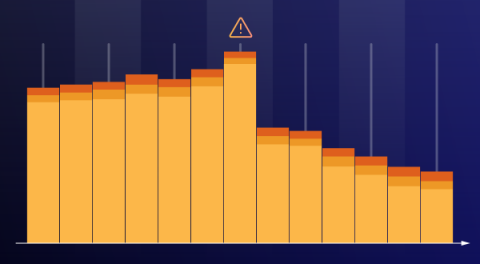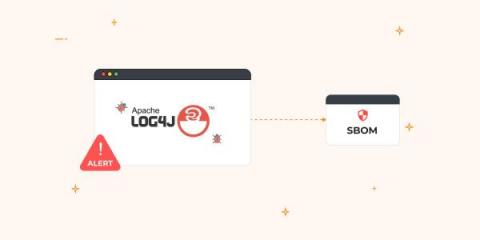Security | Threat Detection | Cyberattacks | DevSecOps | Compliance
Latest News
Top 7 AWS Vulnerability Scanners in 2023
Being one of the world’s largest cloud platforms comes with its own set of challenges. In the case of AWS, the major challenge is maintaining their platform’s security.
CVE-2023-33009 and CVE-2023-33010: Multiple Critical Unauthenticated RCE Vulnerabilities in Zyxel Firewalls
Top 8 penetration testing tools
Penetration testing is crucial to ensuring a resilient security posture within an organization. It simulates an attack on the system, application, or network to discover vulnerabilities before hackers do. Developers often use penetration testing to verify that applications’ internal resources are safe from unauthorized access. In this situation, the tester or ethical hacker serves as a malicious actor. They gather as much information about the system as possible to find exploitable weaknesses.
Track Risk Trends in your Container Images with Sysdig Risk-based Vulnerability Management
The number of detected common vulnerabilities and exposures (CVEs) has significantly increased in the past decade. In the last five years, security researchers reported over 100,000 new CVEs. The highest reported annual figure was in 2022, with over 25,000 new CVEs. This number can overwhelm any security team if it’s not managed correctly between assessment, reporting, remediation, and monitoring.
June Update: The Escalation of the PaperCut Vulnerability Campaign
Data loss prevention for developers
A security violation in the form of a data breach can create costly damage to a company's reputation. But what exactly is a data breach? The European Commission has divided data breaches into three distinct categories — confidentiality breaches, integrity breaches, and availability breaches: In this article, you'll learn more about what a data breach is and how you can prevent data breaches when designing and developing your software.
Snyk named a Leader in 2023 Gartner Magic Quadrant for Application Security Testing
We’re thrilled to announce that Snyk has been named a Leader in the 2023 Gartner Magic Quadrant for Application Security Testing! Snyk was named in the Magic Quadrant for Application Security Testing (AST), for the first time, as a Visionary in 2021. And today, we’re excited and honored to announce that Gartner has recognized us in the Leaders Quadrant in the 2023 Magic Quadrant report.
[Hands-On Defense] Unpatched Software Causes 33% of Successful Attacks
As you all know, KnowBe4 frequently promotes security awareness training and we also mention that unpatched software is a distant number two issue after social engineering. We generally say that unpatched software is involved in 20%-40% of successful exploits. It's been hard though to get good figures on that for years and even CISA has not published hard numbers, even though they appear to focus on it.
Log4j Vulnerability and the Importance of SBOM in Software Supply Chain Security
The Apache Log4j vulnerability has been making global headlines since it became public on 9th December 2021. The report stated that the vulnerability affects Apache log4j between versions 2.0 and 2.14.1 and is independent of the underlying JDK version. It was a full-blown security meltdown that resulted in hackers performing remote code executions and affected digital systems across the globe. In response, Apache implemented patch fixes, but some components remained unattended.











